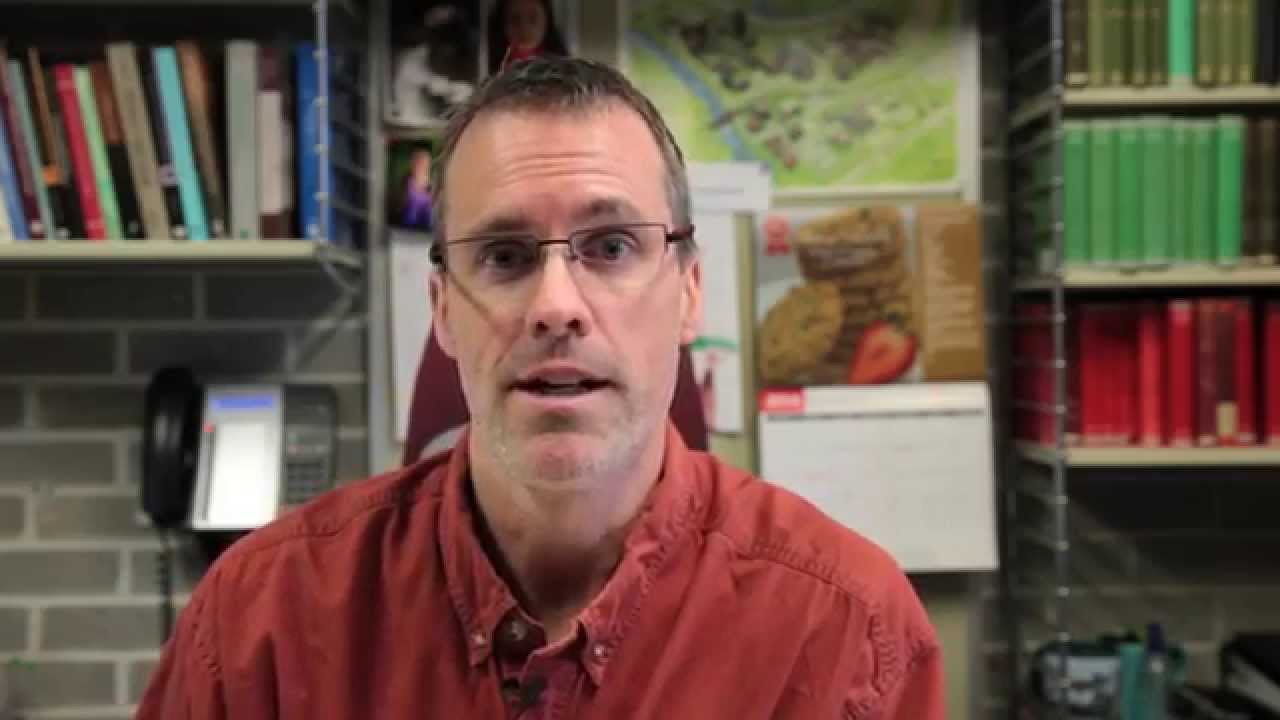The MA in Religion and Public Life focuses on the study of social and political aspects of religion from the comparative, historical and contemporary perspectives. The study of both religions and public life will be approached from domestic and international vantage points. As such, while the degree focuses on religion, it has an inherent interdisciplinary approach to this topic.
A collaborative Specialization in Digital Humanities is available.
Capital Advantage
Faculty and two affiliated research centres, The Max and Tessie Zelikovitz Centre for Jewish Studies and the Carleton University Centre for the Study of Islam, work closely with the national capital’s religious communities, building relationships that extend around the world. Long-term collaborations with diplomatic missions and non-government institutions in the capital provide unique opportunities for research educational partnerships and career options.
This degree is a springboard for pursuing or advancing careers in public policy, community and cultural organizations and public service.
Faculty Research Highlights
- Deidre Butler: Troubling Orthopraxies: Jewish Divorce in Canada.
- Zeba Crook: Ancient Mediterranean social world and culture (personality, economy, exchange, status, dress, etc.), historiography and fiction, contemporary theory of religion.
- Shawna Dolansky: Gendered Historiography and the (Re)Construction of Ancient Israel.
- Ash Geissinger: Reading classical Muslim texts as if gender matters: new approaches, methodological questions.
- Christopher Jensen: Reading medieval Chinese Buddhist hagiographies for insights into the lived experience of Chinese Buddhists; dreaming as a religious practice.
- Timothy Pettipiece: Religious Diversity and Polemics in Late Antiquity; Asceticism and Early Christian sexual ethics; Religion and Popular Culture (science fiction, music).
- Mohammed Rustom: Islamic intellectual history, Arabic and Persian literature, Global philosophy of religion.
- Kimberly Stratton: Violence and Collective Identity Formation in the Origins of Christianity and Rabbinic Judaism.
- Johannes Wolfart: Religion and society in early modern Europe; disciplinary critiques of Religious Studies trends (e.g. of “religious diversity;” “religious literacy” advocacy).
